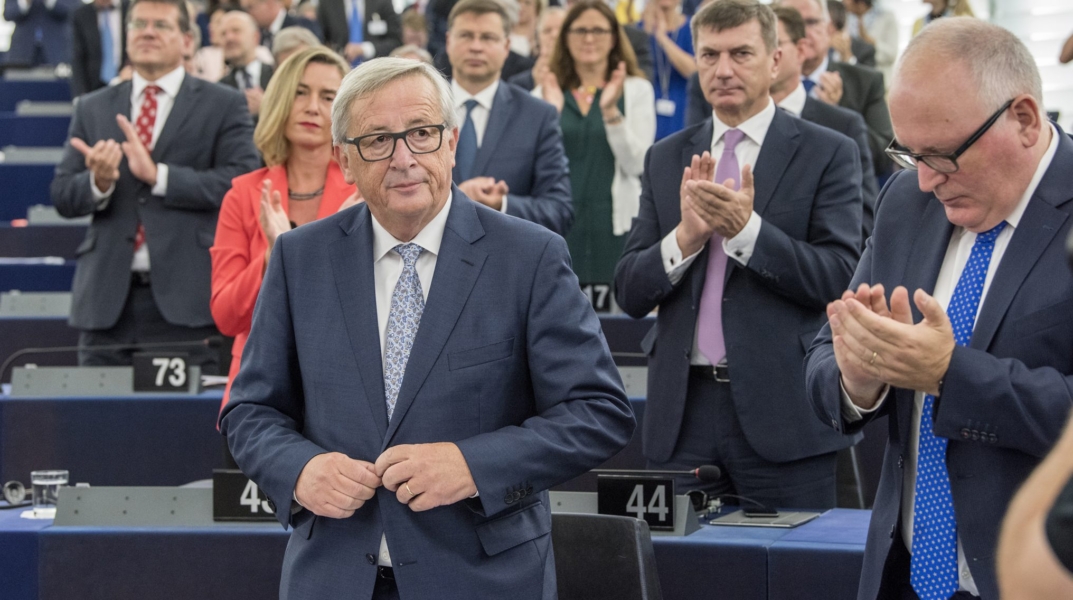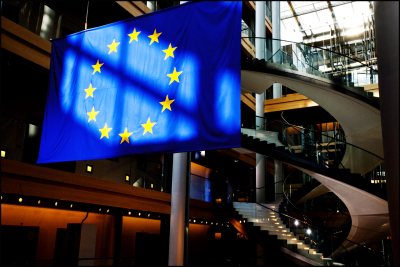It’s September and back to school for the European Commission, which has come out with some very welcome changes to how the ethics around the institution are governed. After former President Barroso’s move to Goldman Sachs, ex-Commissioner Neelie Kroes’ offshore business dealings and current Commissioner Oettinger’s mystery private jet tour, ethical quandaries have tainted the image of the Commission.
Which is why it is particularly timely that Commission President Jean-Claude Juncker called for a new Code of Conduct in his State of the Union address to the European Parliament yesterday. He said that this new Code will “strengthen the integrity requirements for Commissioners both during and after their mandate.”
We welcome the proposed changes*, specifically a new definition of conflicts of interest, the publishing of future decisions on post-employment requests of Commissioners, more detailed financial declarations, information on Commissioners’ travel expenses and longer cooling-off periods. So far, so good.
The Commission also announced that it will reinforce the Independent Ethical Committee, although it remains unclear in what way the suggested code actually achieves that.
Juncker’s stated ambition has long been to make the Commission a champion of ethics and transparency and the proposed reforms are a step in the right direction. However, given recent scandals and controversies, the changes do not go far enough and miss the most important shortcoming of the current system.
Where the Commission insists on the “independence” of the Independent Ethical Committee, the problem remains that any decision ultimately lies with the Commissioners. And however independent the first assessment by the committee might be, a decision by sitting Commissioners on possible ethics violations or new employments of their former colleagues or predecessors can never be independent and it cannot avoid the conflict of interest of taking into account one’s own future career prospects.
As our revolving door report showed, if Juncker is serious about making the Commission an ethics and transparency champion, he could get inspiration from the existing international best practices, such as in France and Canada. An independent body overseeing ethics violations is an indispensable element of that.
So overall, Juncker’s new changes are welcome, but still miss out on the core issue of independence around the ultimate decisions on ethics issues. So for us a B+!
*Juncker proposes four main changes to existing rules:
Longer cooling off periods
- As outlined already in November last year, two years for Commissioners, three years for the President.
Preventing conflicts of interest
- Juncker suggests a definition of “conflicts of interest” and announces that decisions of the commissions ethics committee and the commission itself on all questions relating to commissioners asking for approval of post-term employment will be published in the future.
More detailed financial declarations
- Threshold for private investments that have to be declared by commissioners will be brought down to €10,000. Any investments with a potential conflict of interest would have to be placed in a blind trust.
Information on Commissioners’ travel expenses
- Will be made available every two months.




